
This logo isn't an ad or affiliate link. It's an organization that shares in our mission, and empowered the authors to share their insights in Byte form.
Rumie vets Bytes for compliance with our
Standards.
The organization is responsible for the completeness and reliability of the content.
Learn more
about how Rumie works with partners.
Choosing the right bank is an important decision. It can impact your financial well-being and convenience. But with so many types of banks, how can you decide which one is best for you?
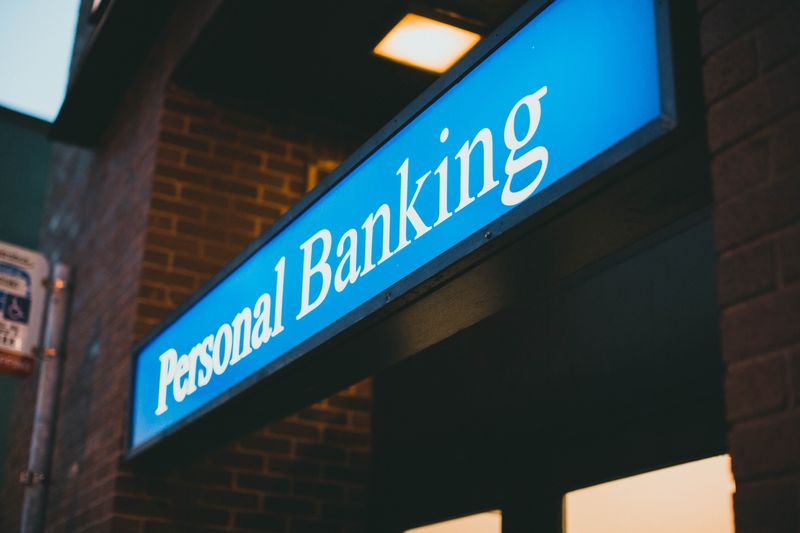 Photo by Jonathan Cooper on Unsplash
Photo by Jonathan Cooper on UnsplashConsider these 5 points to decide which bank isright for you.
Did you know?
There are many types of banks, but for your personal banking, you'll likely only need to consider 4 types: large traditional banks, smaller regional banks, credit unions, and online banks. You can learn more by reading this Byte about choosing the right type of bank account.
1. Location and accessibility
Are you someone who likes to have access to a physical branch and in-person customer service when needed? If it's important for your bank to be nearby, choose one with branches or ATMs that are near your home or workplace.
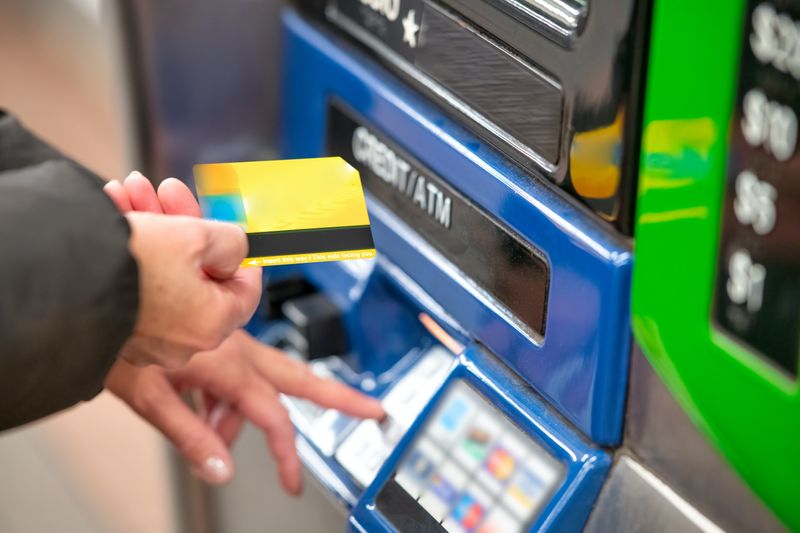 Photo by Giovanni Gagliardi on Unsplash
Photo by Giovanni Gagliardi on UnsplashVisit the bank website and look up the availability and physical location of their ATMs. A large network of ATMs allows you to access cash easily and without fees.
Remember: an ATM in a store won't be accessible after hours!
Did you know?
Online banks are quite common these days! You'll find online banks have lower or no fees, and higher interest rates than traditional brick-and-mortar banks. Learn about the top-rated US banks in this article from Money.com.
2. Fees and charges
Look up costs for different types of accounts. The three typical bank fees are:
Monthly maintenance fees — recurring charges for having an open account
ATM fees — charges for using an out-of-network ATM
Overdraft fees — charges for spending more money than you have
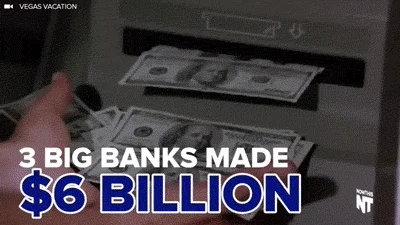
Find a bank with reasonable fees or one that has ways to avoid them. For example, some banks offer fee waivers or discounts if you meet certain criteria, like maintaining a minimum balance or using direct deposit.
3. Interest rates
Compare the interest rates offered on checking, savings, high-yield savings accounts, certificates of deposit (CDs), and other interest-bearing accounts. Higher rates can help your money grow more effectively over time.
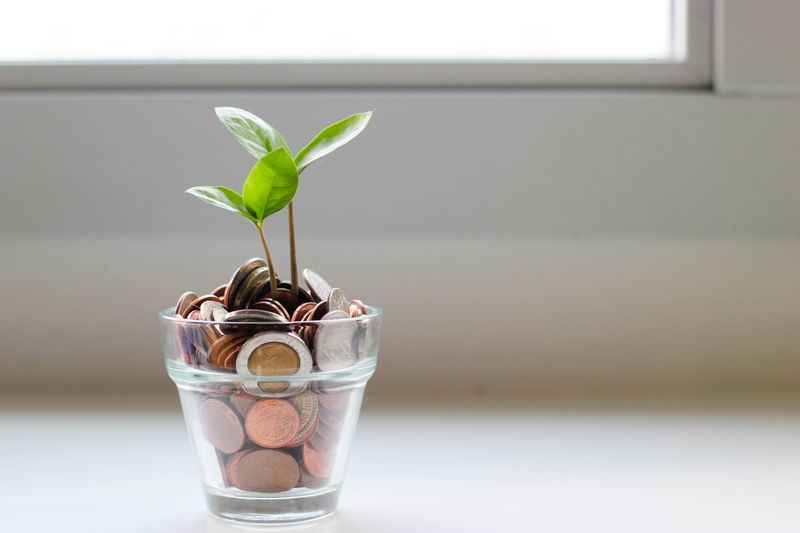 Photo by micheile henderson on Unsplash
Photo by micheile henderson on UnsplashIf your nearest bank doesn't offer an interest-earning account to meet your needs, shop around. Credit unions and online banks often offer better account perks and features.
Did you know?
Nerdwallet is an online publication that offers fact-checked banking advice and account comparisons written for the typical banking customer.
4. Online and mobile banking
In this day and age, it's important to have a bank that lets you manage your money online or on your mobile device.
Managing your accounts, transferring funds, and paying bills should be easy and simple to do on any device.
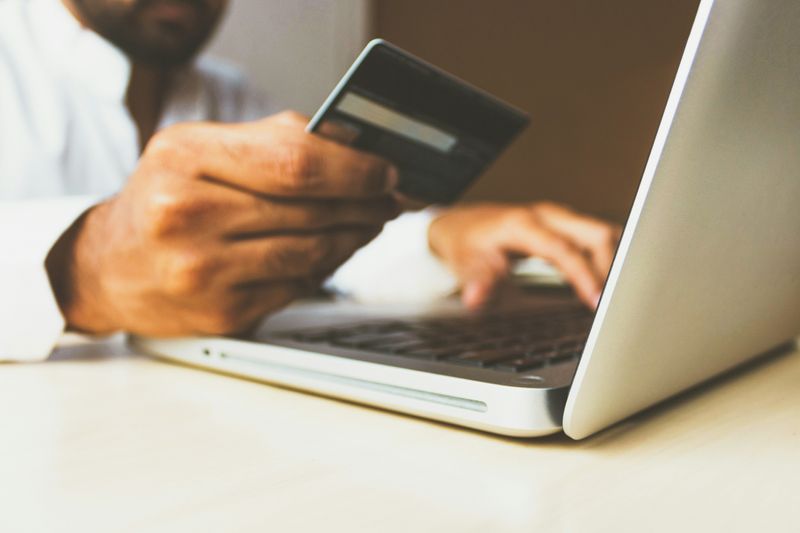 Photo by rupixen.com on Unsplash
Photo by rupixen.com on UnsplashAsk your friends, or even people on Discord and Reddit, about the functionality and user-friendliness of the bank's online and mobile banking platforms.
5. Account types and features
Evaluate the types of accounts and services the bank offers, including checking, savings, CDs, mortgage loans, auto loans, and investment options.
Choose the bank that offers the account types that align with your financial needs at the moment.
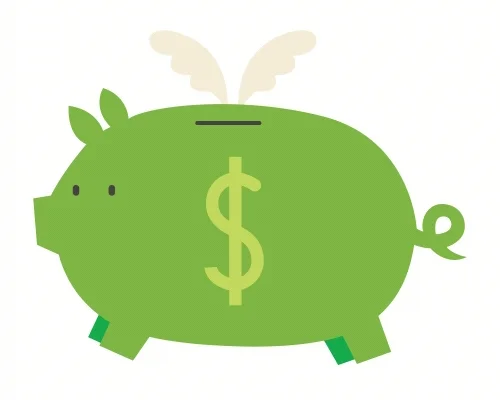 Finally, think about what additional features you'd like to have, such as mobile deposit, budgeting tools, and alerts. Some banks also offer perks like cashback rewards or discounts with certain merchants.
Finally, think about what additional features you'd like to have, such as mobile deposit, budgeting tools, and alerts. Some banks also offer perks like cashback rewards or discounts with certain merchants.
For example:
Situation
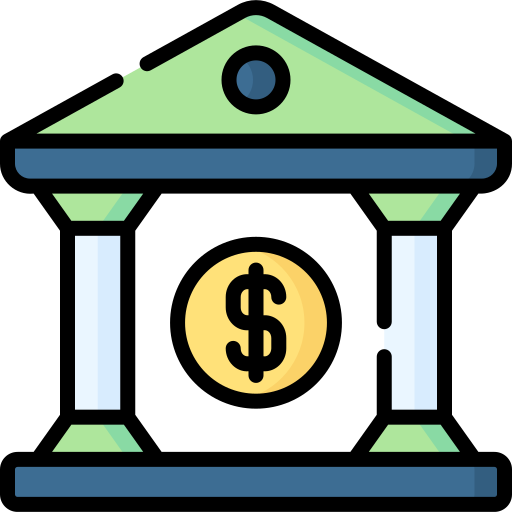
Mark is an international student who just moved to NYC from Canada. He needs a bank he can visit both in Canada and the USA.
He lives on a graduate assistantship and has limited funds, so low fees are a must. He wants to be able to use an ATM without paying fees in both countries.
Solution
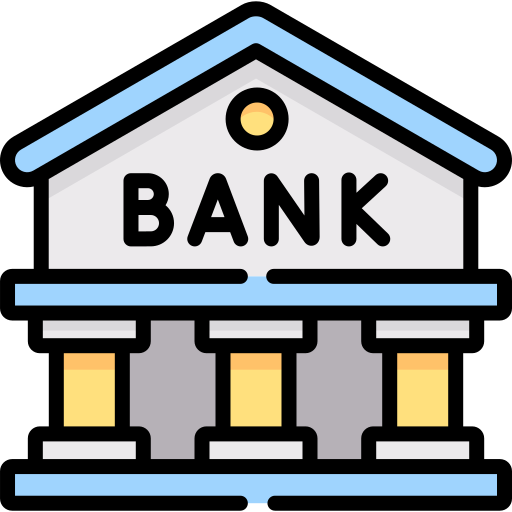
Mark should look at major traditional banks with a strong multinational presence.
A bank of that size will likely have branches and ATMs (through partnerships) in several countries. Large traditional banks often also offer student accounts with lower fees.
Quiz
Nico wants to access his money quickly no matter when and where. He also wants to make sure he is getting some benefit from his bank. What should he prioritize? Select all options that apply:
Nico would care the most about online and mobile banking. He would also want to earn interest on his account, as well as get some other tangible perks, such as cash rewards and discounts to merchants he frequents.
Take Action
By carefully considering the above factors, you can make an informed decision and choose a bank that matches your financial goals and lifestyle.
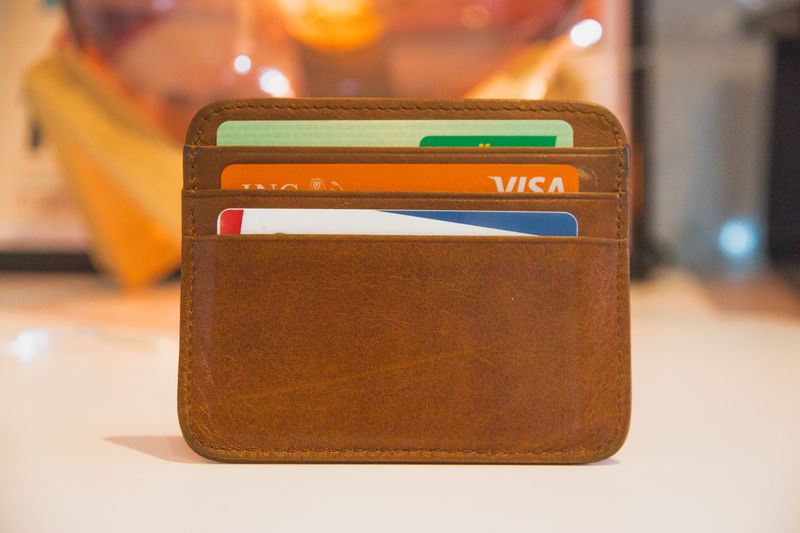 Photo by Stephen Phillips - Hostreviews.co.uk on Unsplash
Photo by Stephen Phillips - Hostreviews.co.uk on UnsplashThis Byte has been authored by
Anita Damjanovic
Customer Education Specialist | Educator
PhD